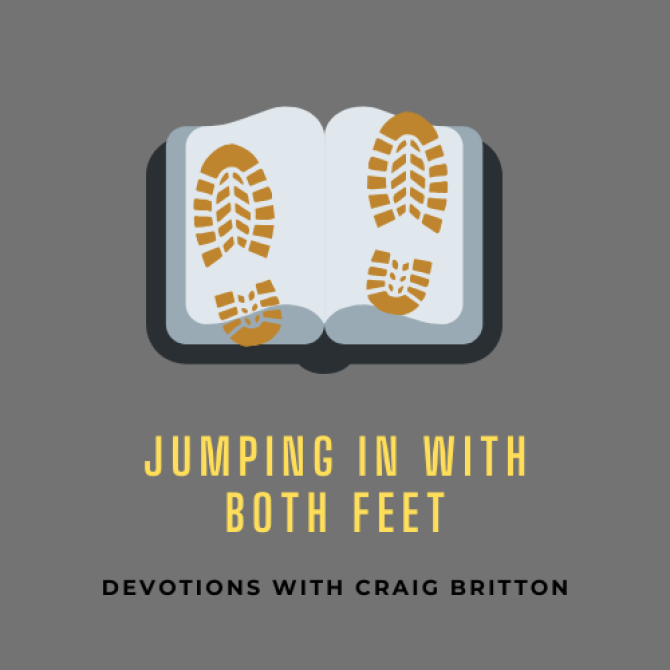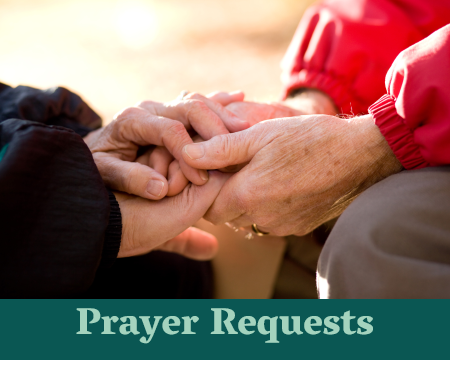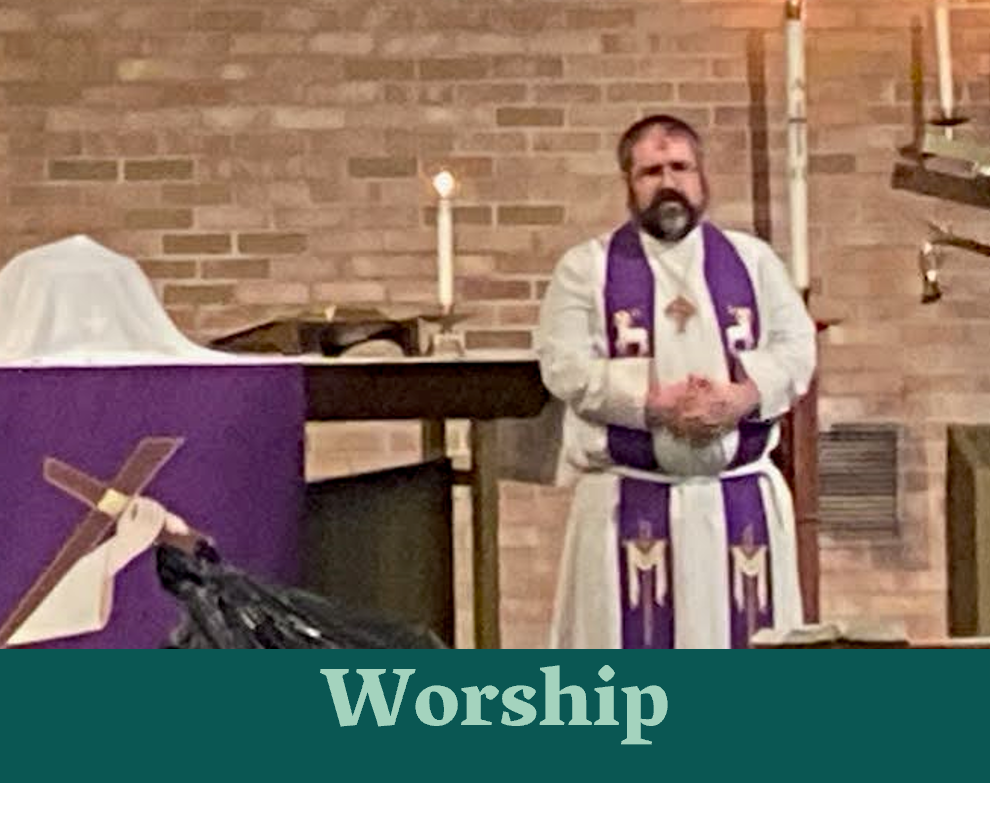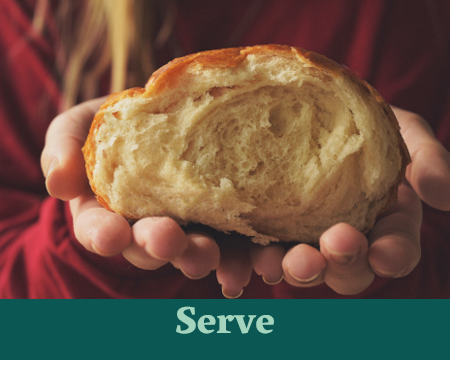Don't Look for Novel
Fourth Sunday after the Epiphany: Gospel, Matthew 5:1-12
Matthew 5:1-12
Anyone worth their salt realizes that in studying and teaching Holy Scripture, that which is novel is not preferred. I went through a period years ago where I would read nothing commenting on Scripture less than 100 years old. Now to interject, the Scripture speaks loudly to our society. Perhaps the true preaching of God’s Word speaks more loudly and clearly now than ever. But the treasured truths aren’t new. They are old by our earthly standards and eternal as the God we worship. All of that to say that I was introduced to a line of thought about our gospel text of the week that was new to me a couple of years ago. Because of my love of “the old guys” I struggled with it but then realized what I discovered was not new. Just new to me.
We all know the opening of Matthew chapter five as the “beatitudes.” And I learned it, as most of us unfortunately do, as “the new law.” Jesus, so often (mis)characterized as the “New Moses,” brings to us a new and even more difficult list than Moses’ “Big Ten.” New and more difficult because the demands set forth in Matthew go to the depths of the human person and challenge what we think and feel, not just what our hands, feet, and eyes do or fail to do. If we read the beatitudes only in that framework I believe we miss what a contemporary scholar diffused into my thinking a few years ago. Here goes.
This marvelous thinker sees in the beatitudes, not simply a “how-to” of the Christian life, but a portrait. And true to the ministry of the Holy Spirit in always pointing us to Jesus, this Spirit-given text does just that. We dare not miss it. So the beatitudes in my thinking are not merely a “how-to,” but even more a “who’s-who.” The beatitudes must be seen first and foremost as a picture of the Savior. For He, and only He can fulfill the powerful and spiritually pungent demands that the first gospel sets before us. Again, make no mistake. The demands coming directly from the lips of the Rabbi from Nazareth are higher, deeper, and tougher than the decalogue. If I read them only as what measures my attempts at holy living, I’ll remain in the damning position in which we all stand before an unbending law. But if I read this inspired list and see a Person, the Person who gives to me all that He is and does, then I can aspire to follow Him, not as a slave, but as a younger brother or sister. He’s family. We’re a family. I have His name and the beatitudes become the blessing intended as they simply and progressively mark out our family resemblance.
Family of God. Blessings given and received. There’s nothing novel about that.





